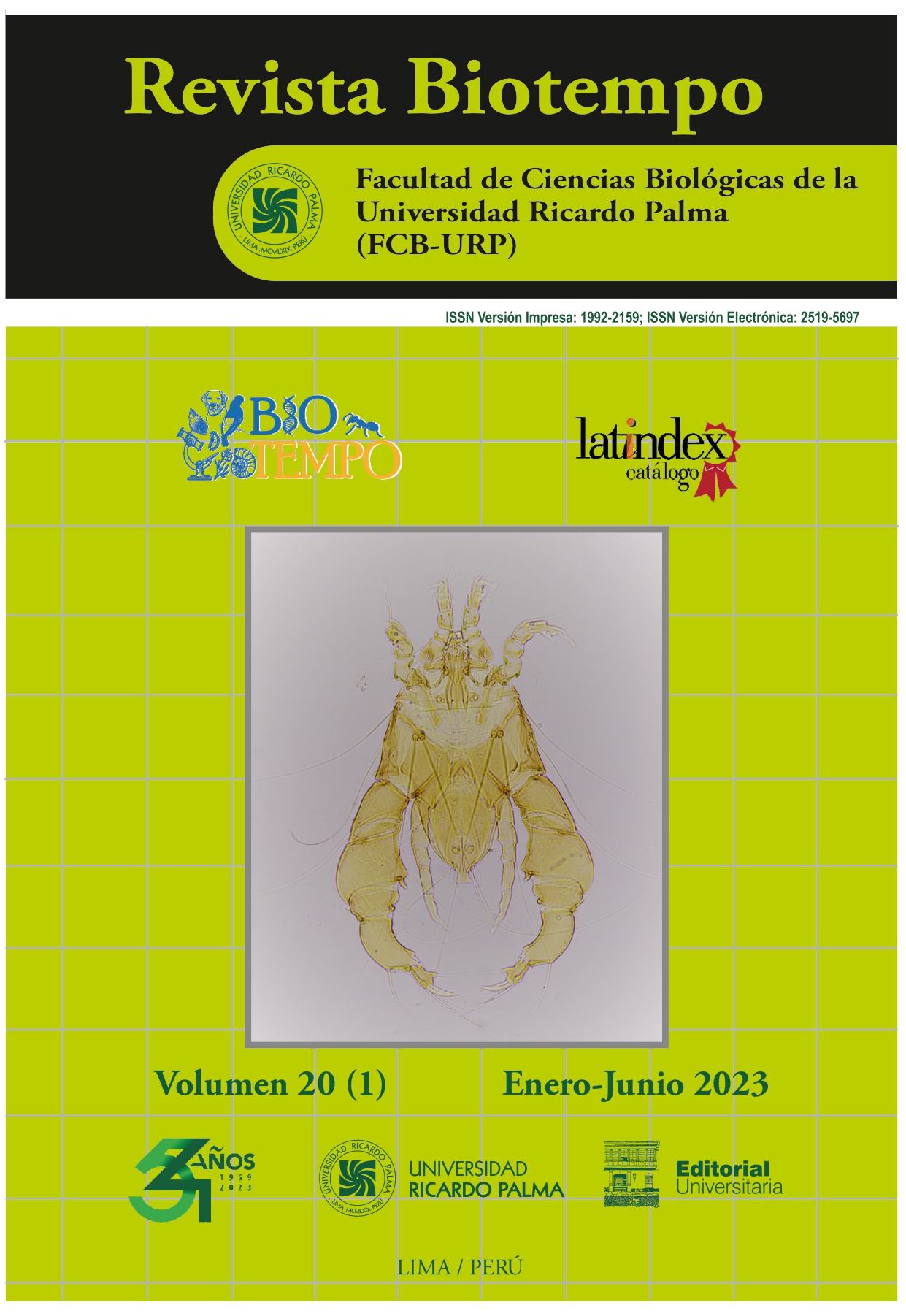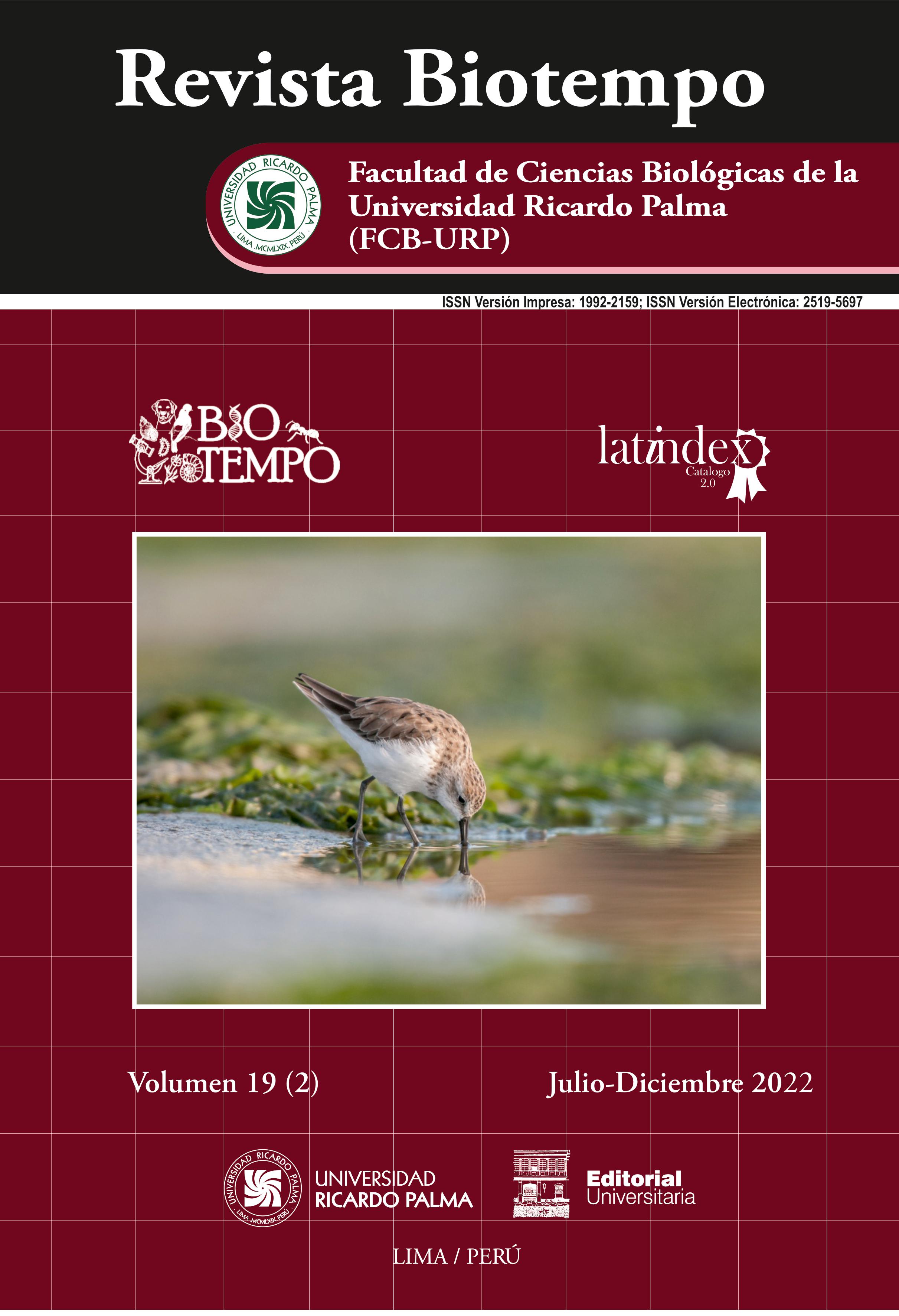Criticism of nature conservation and the need for its resignification in the light of biocultural rights
DOI:
https://doi.org/10.31381/biotempo.v20i1.5570Keywords:
Biodiversity , bioethics , culture , human rights , rights of nature , indigenous peoplesAbstract
This review article collects some of the main criticisms of nature conservation and contributes to the debate on its resignification in the light of biocultural rights to enrich its conceptual and operational framework expressed in the figure of protected areas. For this purpose, a bibliographic review is carried out complemented by the participation of the author in the process of updating the Master Plan of the System of Protected Areas of Peru. The review and reflection conclude that until now a neoliberal conservation approach has predominated, which in practice produces a series of environmental, social, institutional, legal, political, and economic impacts given the complex nature of protected areas. All this situation is evident in explicit or latent conflcts between protected areas and indigenous peoples. To overcome the confrontation, it is necessary to resignify the conservation of nature and overcome polarized and exclusive visions of
rights to adopt biocultural rights as a framework for intercultural dialogue, this implies recognizing the legitimate rights of indigenous peoples and at the same time the rights of nature in an interrelated way.










